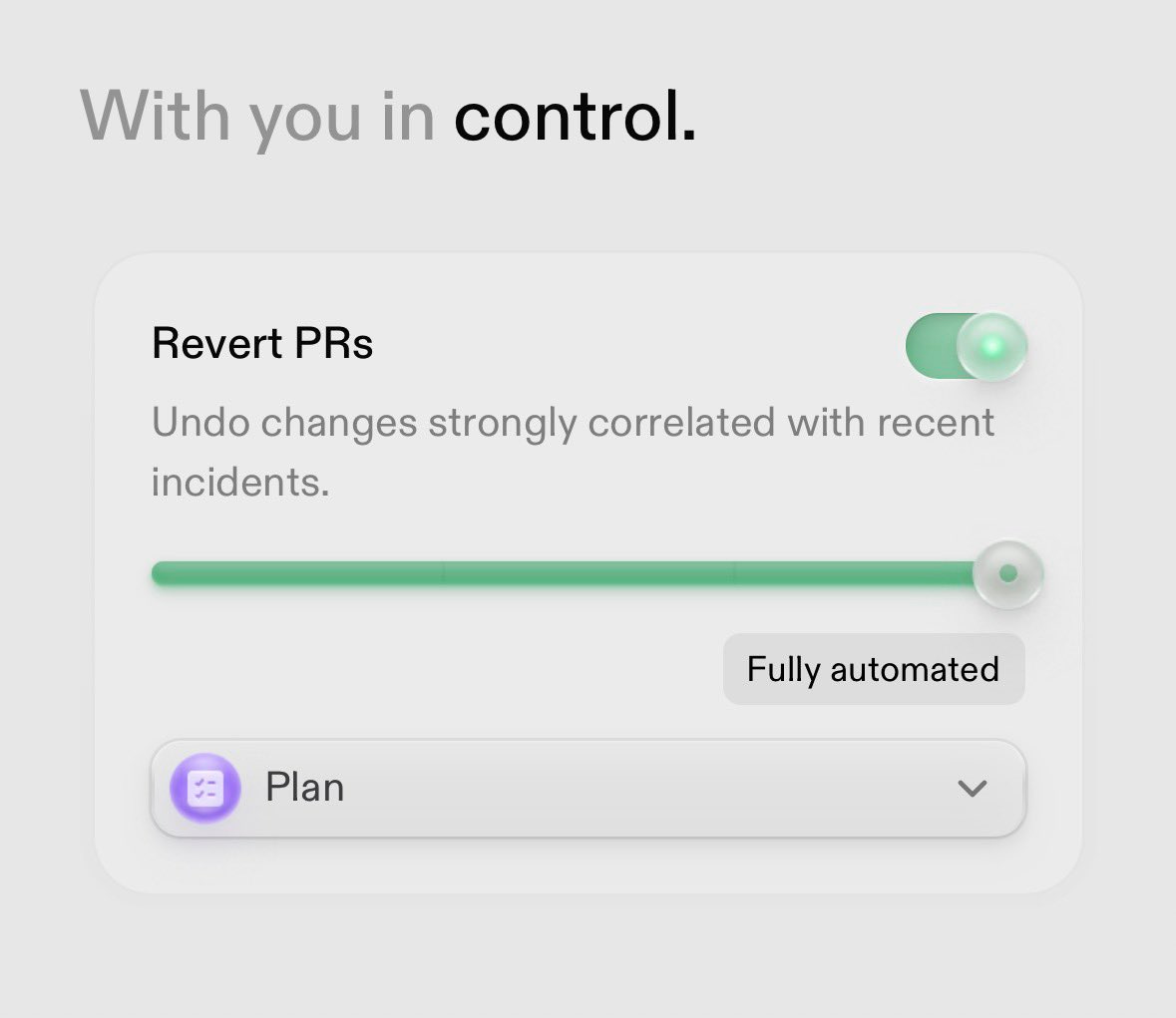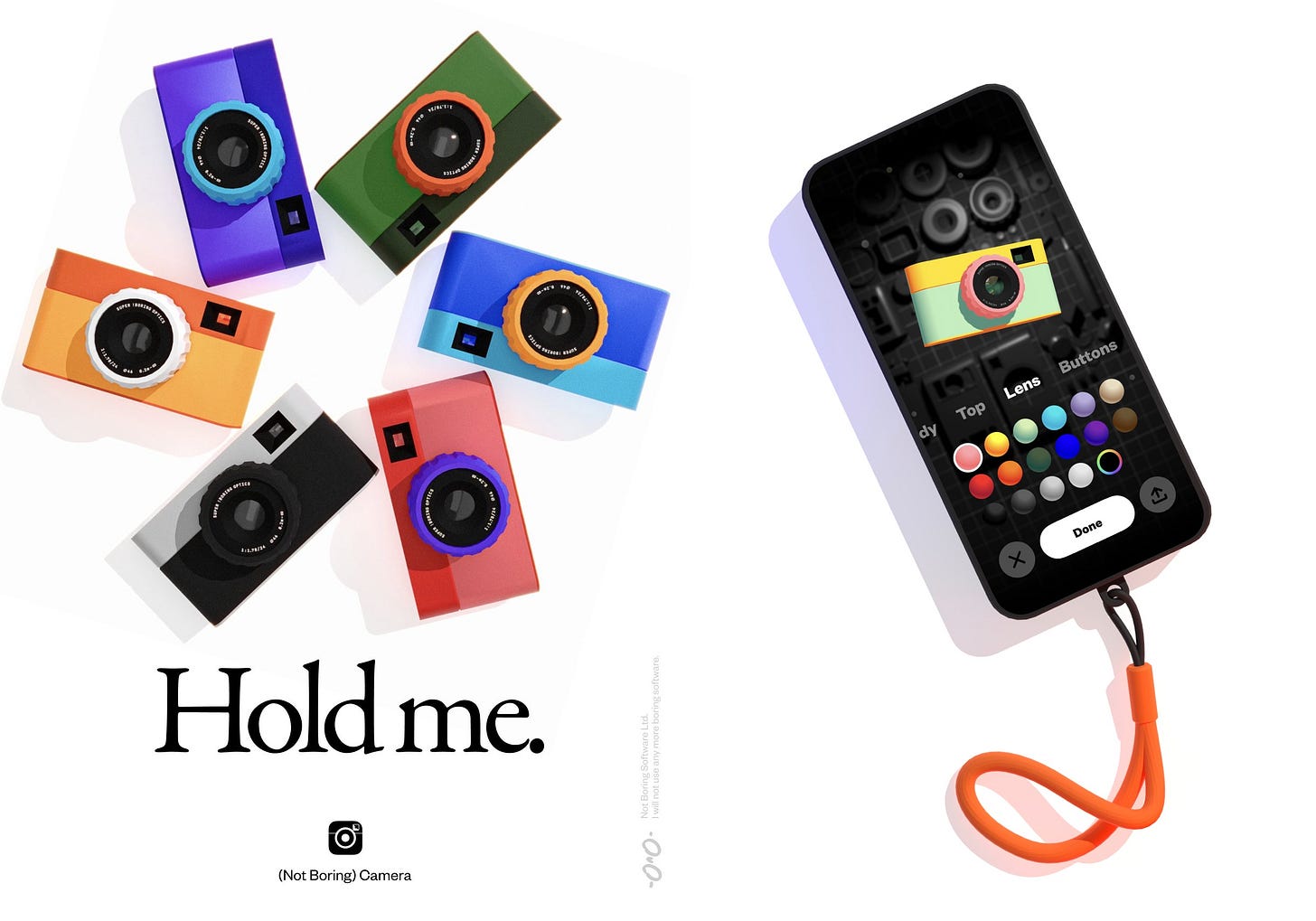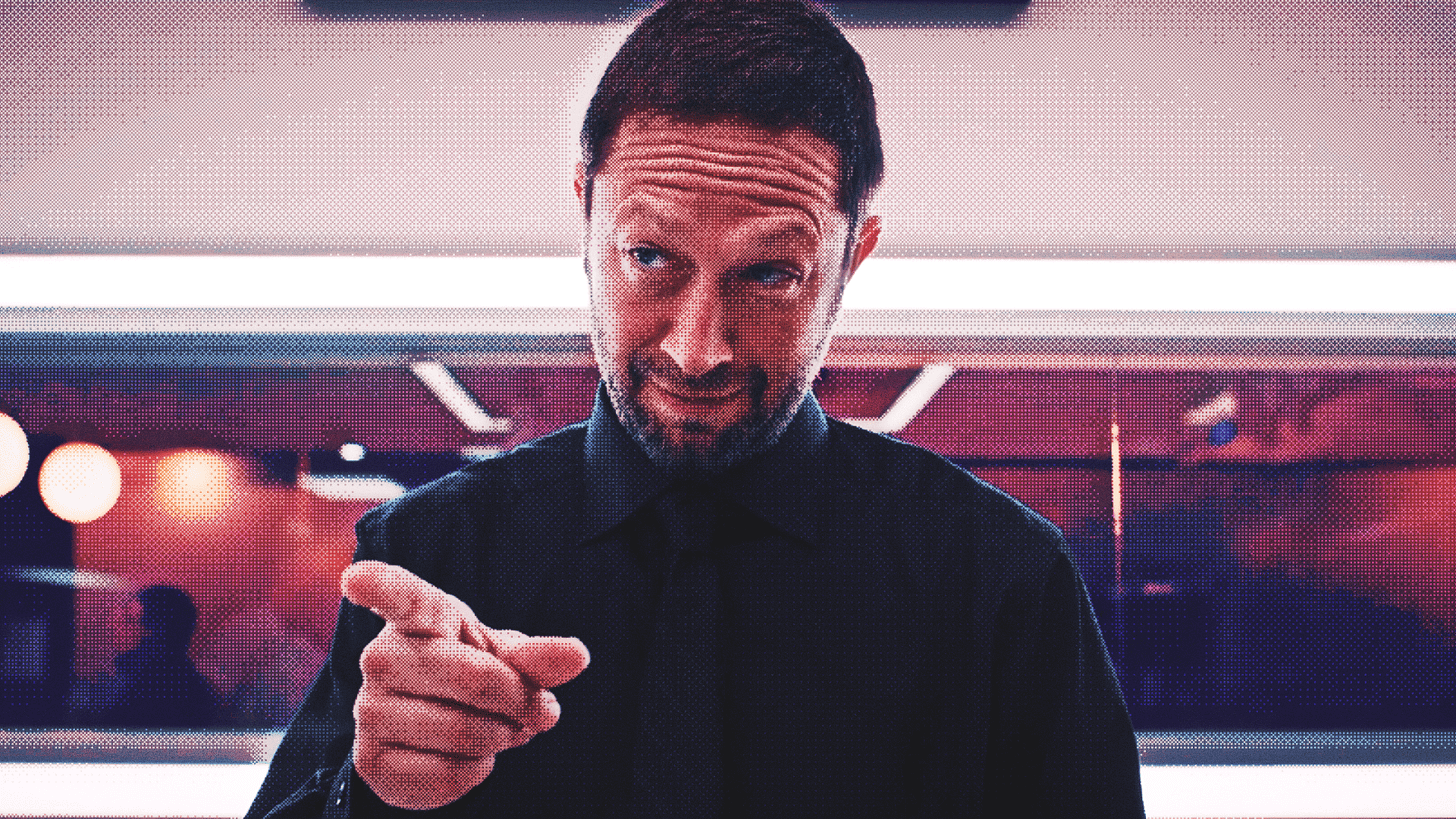What Makes You Actually Care About a Product?
I couldn't stand Richie from The Bear. Loud, pessimistic, always complaining. Then I watched him learn to care about craft and realized he was teaching me about building products.
One of the main lessons I got from Graphic Design was that inspiration can come from anywhere, especially outside of your own field, and even seemingly unlikely places, such as a cranky fictional character. Today, I want to share the lessons I got reminded of as a product builder while watching a TV show happening inside kitchens, but it’s not about food, and also not about restaurants. I’m talking about The Bear.
I just finished watching the show, and I’m fascinated by its storytelling. Watching four seasons in two weeks can tell you a lot about how much I enjoyed it. I noticed patterns of what makes a story click for me—the secret ingredient that gets me hooked is rooting for a character I can relate to, someone who makes me care.
This article practically wrote itself based on how inspired I felt after watching this show, Richie’s character development, and especially the episode “Forks.” It has nothing to do with the perfectly timed Taylor Swift song during a peak moment of one episode, although I have to say it captured the emotion of that scene in an unexpected way. And because I like to write based on what I’m learning or actively trying to figure out, these ideas are fresh out of the oven. Pun intended. Enjoy!
Listen. Watch. Execute.
For those who haven’t had the pleasure of watching this episode, I’ll give a brief summary: The fictional establishment "The Beef" is in the process of transforming into "The Bear," a Michelin-worthy restaurant. Richie, the only person on the team without a clear sense of purpose, has been sent to work for a week at the best restaurant in the world to learn from them. He thinks it’s a punishment. There’s a lot more, but this is enough for the purpose of this article.
Richie shows up at Ever convinced he's being punished. He's that team member who sees problems before possibilities, who complains first and asks questions later. We've all worked with someone like this. Maybe we've been someone like this.
Interestingly, one of the first things that sparked a change in him during this episode was the opposite of chaotic. While shadowing the staff at Ever, he noticed how much attention they paid to their customers, even learned about them before they arrived, and the effect this had to elevate their experience beyond their expectations. Even in the little things. Especially in the little things.
Someone seems to be a bit cold? Let’s adjust the temperature in that area of the room.
A table likes to eat faster? Let’s speed up their tickets.
A customer wanted to try deep dish before leaving Chicago? Let’s buy them one from a local place and plate it beautifully.
It’s all about paying attention to the details, and user research is no different from that. Listening to your users and catching on to subtle cues to serve them better, even when they aren’t directly asking for a feature, but you make it happen because you want to improve their experience. Just like Ford, don’t give them faster horses.
The magic happens in the interpretation. The most valuable skill in product development lies in understanding what remains unsaid, beyond the explicit feedback.
— Sagan Schultz, on why Linear built a feature people didn’t ask for
As mentioned in the episode, some of the most important moments in a person’s life happen in a restaurant, which is why making that moment special is crucial to provide an unforgettable service. In a similar way, people interact with technology every single day. Ensuring your product delivers a great experience can easily make their day, convince them to come back the next time, and improve their lives because you paid attention to the little details.
Just like gathering all your ingredients before you start cooking prevents mid-recipe scrambling, the right user research preparation sets up breakthrough product insights.
Every second counts.
Under the clock of Chicago’s best kitchen in the show, there’s a sign with 3 simple words: Every second counts. And boy, you can tell that it does inside that restaurant. A smudge on a plate? Those painfully extra 47 seconds during a service didn’t go unnoticed. They owned it and learned from it.
Richie's confusion wasn't just about the time. It was about caring. Why obsess over 47 seconds when you could focus on bigger problems? But that's exactly the point. Those 47 seconds weren't about efficiency. They were about ownership.
The issue lies in taking responsibility for one’s actions inside the kitchen to maintain high standards—in other words, accountability. It’s everyone’s job to keep the business running smoothly and meet the expectations of their clients, which is something we can learn from in the business of making software.
As product builders, we don’t usually work in a high-pressure environment such as a world-renowned restaurant, so it’s easy to forget the importance of time in our day-to-day. The reality is that shipping fast makes a big difference in who wins the market, especially now with the tectonic shifts of AI present everywhere. Roles are evolving, lines are getting blurred, and the teams shrinking their iteration time are shipping at the speed of light.
But shipping doesn’t equal getting things out the door for the sake of it. It means developing rapid learning and adaptation, which is crucial in the ever-evolving landscape of technology and design. The startup waiting to build the perfect solution will get its lunch eaten by those doubling down on iterating based on real feedback. They might not have certainty of the solution from the very beginning, but they’ll for sure learn faster and improve by getting their product into the hands of their users.
Shipping should come first because execution trumps perfection. It’s true in restaurants, and it’s an ever-present truth in building software. But here's where Richie (and maybe the rest of us) miss the point about speed.
Time well spent
The episode started with Richie having to clean forks for an entire day, which made him frustrated pretty easily because “what’s the point of having forks without streaks?” Conversely, the episode ends with a similarly tedious activity, only this time our character has already grown and willingly puts himself through the task of peeling mushrooms by hand.
The same guy who questioned streak-free forks is now choosing tedious work because he understands something different about standards. Not rules from management, but care made visible. When chef Terry, interpreted by the amazing Olivia Colman, gets asked why she’s doing this instead of having someone else do it for her, she replies:
“It's just a nice little fun detail. So when the diners see it, they know that someone spent a lot of time on their dish… I think time spent doing this is time well spent.”
This seemingly pointless task of peeling mushrooms one by one becomes something deeper. A focus on craft. It's the difference between shipping features and shipping meaning. Details matter. Speed might be everyone's responsibility, but so are those small touches that add up to something memorable. The kind of details that make you pause and think, someone actually cared about this.



The attention to detail in these examples is obvious. What's less obvious is how rare it actually is. Instead of yelling at the clouds because I can’t find this in every app I have installed, I aspire to infuse my own work with it, enough to make my users pause and appreciate the thoughtfulness to make their experience meaningful.
As for the food, I prefer to leave it in the talented hands of chefs; I can only marvel at their craft and come back because I know it'll make my day.
Parting thoughts
The Bear isn't about restaurants, just like product building isn't really about features. It's about that shift when someone stops going through the motions and starts caring about craft. When they realize every second counts not because of deadlines, but because someone's experience depends on getting it right.
Here's the thing about Richie. I couldn't stand him at first. He was loud, pessimistic, and seemed determined to drag everyone down with his complaints. But he was open to changing. That episode where he works at Ever? It flipped everything. Now he's my favorite character on the show.
That transformation happened because I watched him care. Really care. Not just hit benchmarks or follow orders, but invest himself in doing something well. Your users will have that same shift when they see you've changed too. When every detail shows someone took time to make their experience matter.
So make them care. Start with yourself.
Shortcuts
Building what customers need, not just what they ask for; a great example by the Linear team on listening to your customers
How I ship projects at big tech companies, by Sean Goedecke, and why shipping is a lot more than just launching
Musings on shipping fast, by Lee Robinson.
It's always more fun to learn with others than doing it alone, so don't hesitate to reach out on Twitter if you want to continue the conversation. If this article has been helpful, share it with a friend!
Over and out,
Laura ✌️


